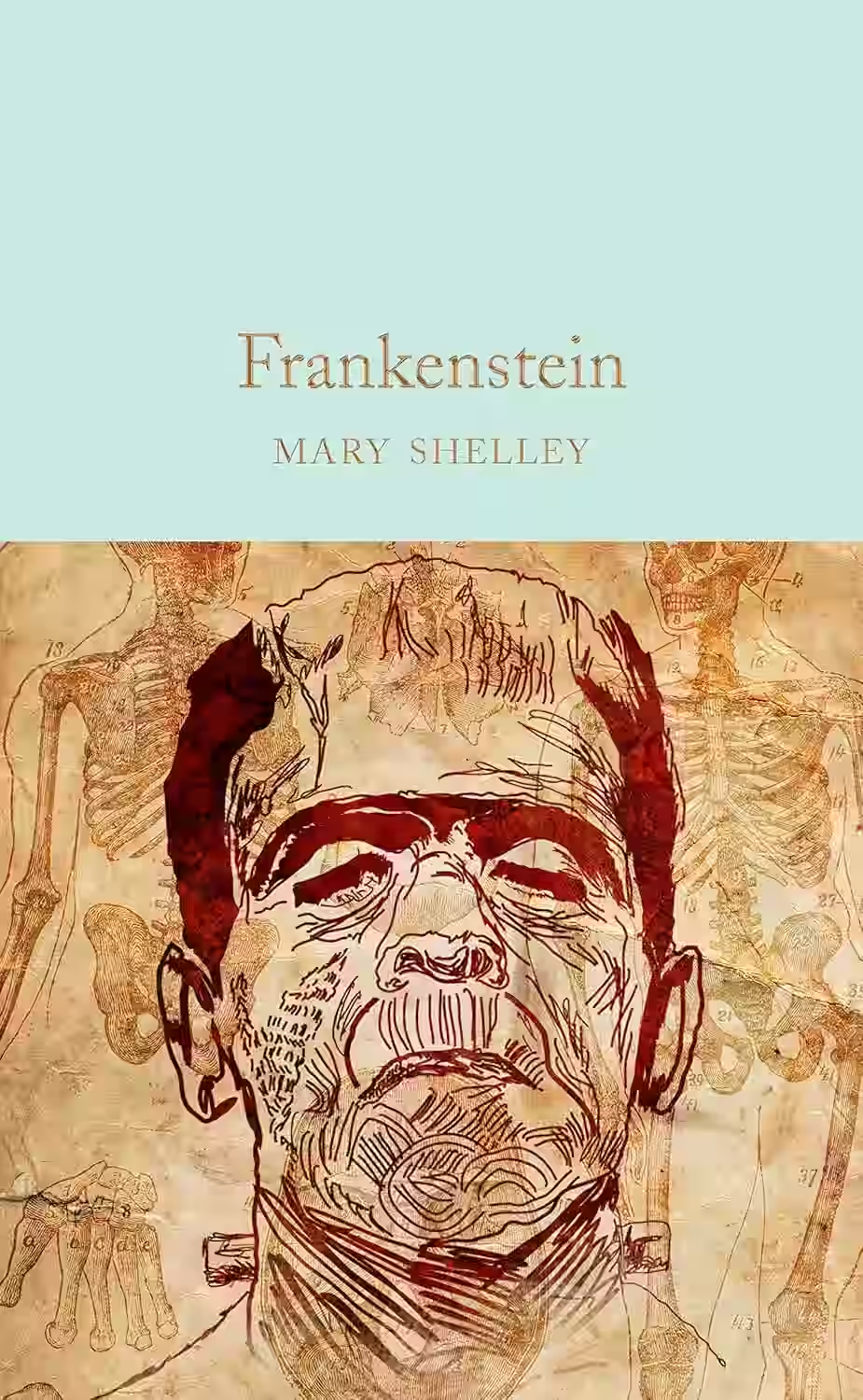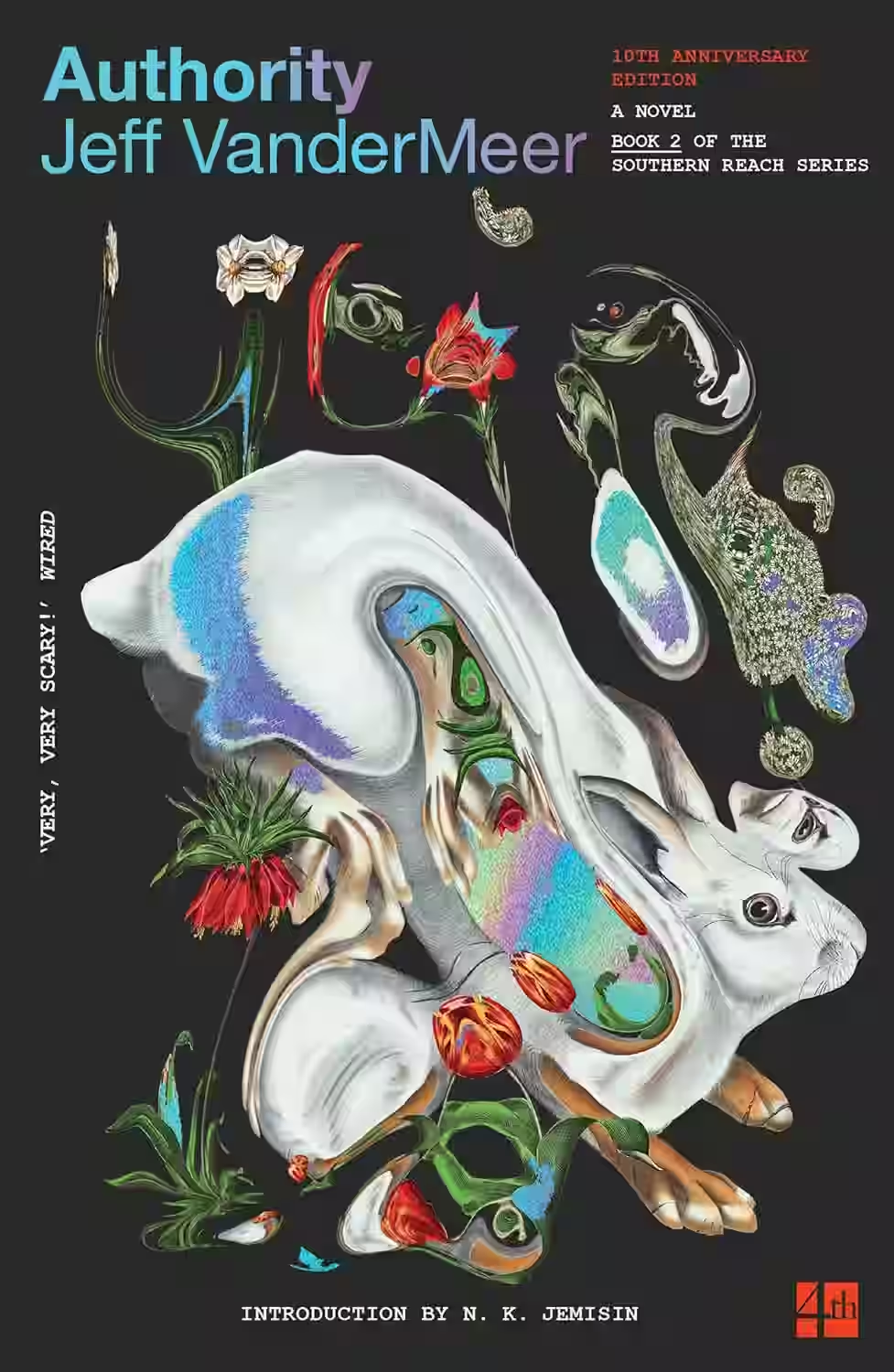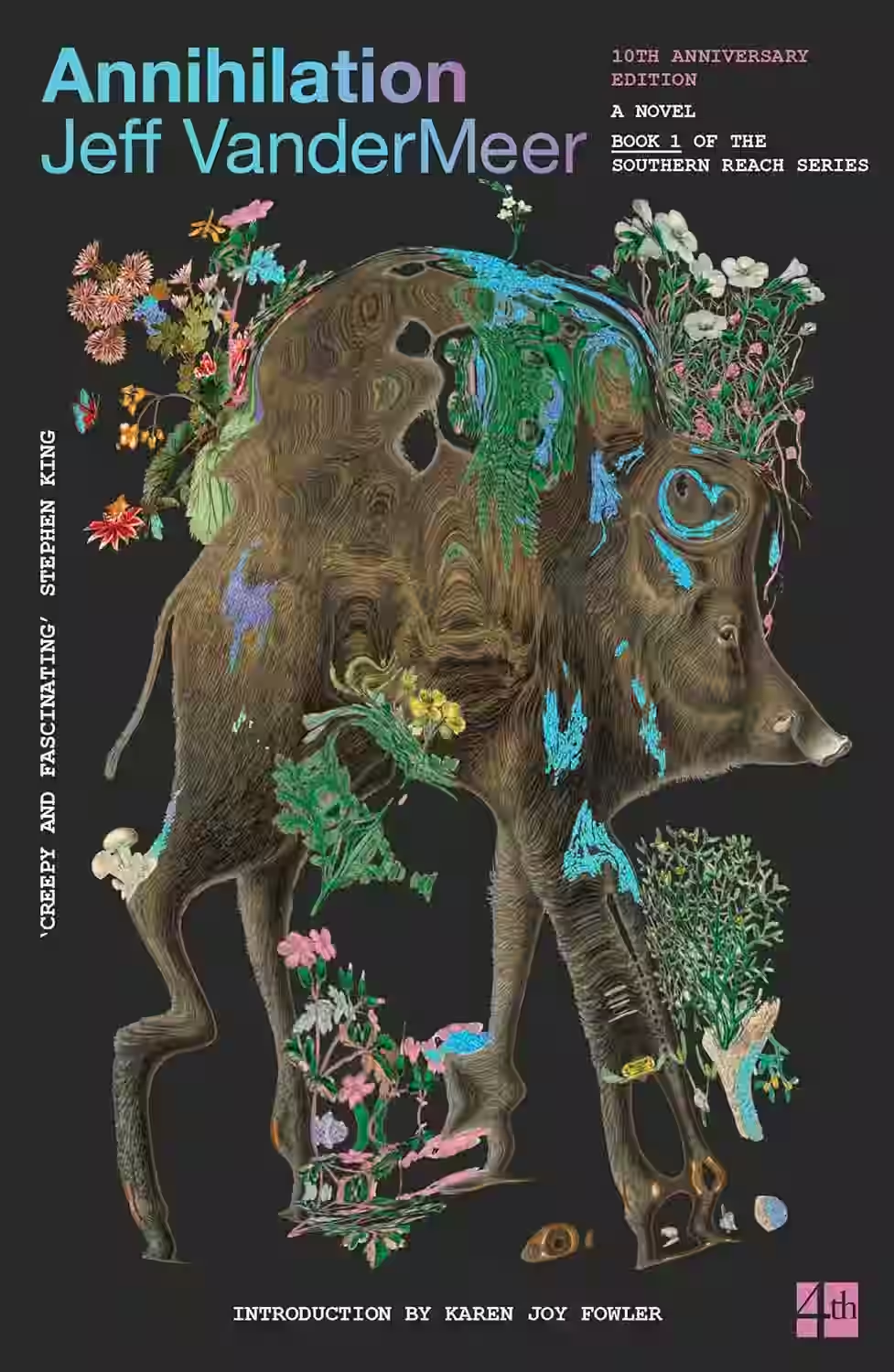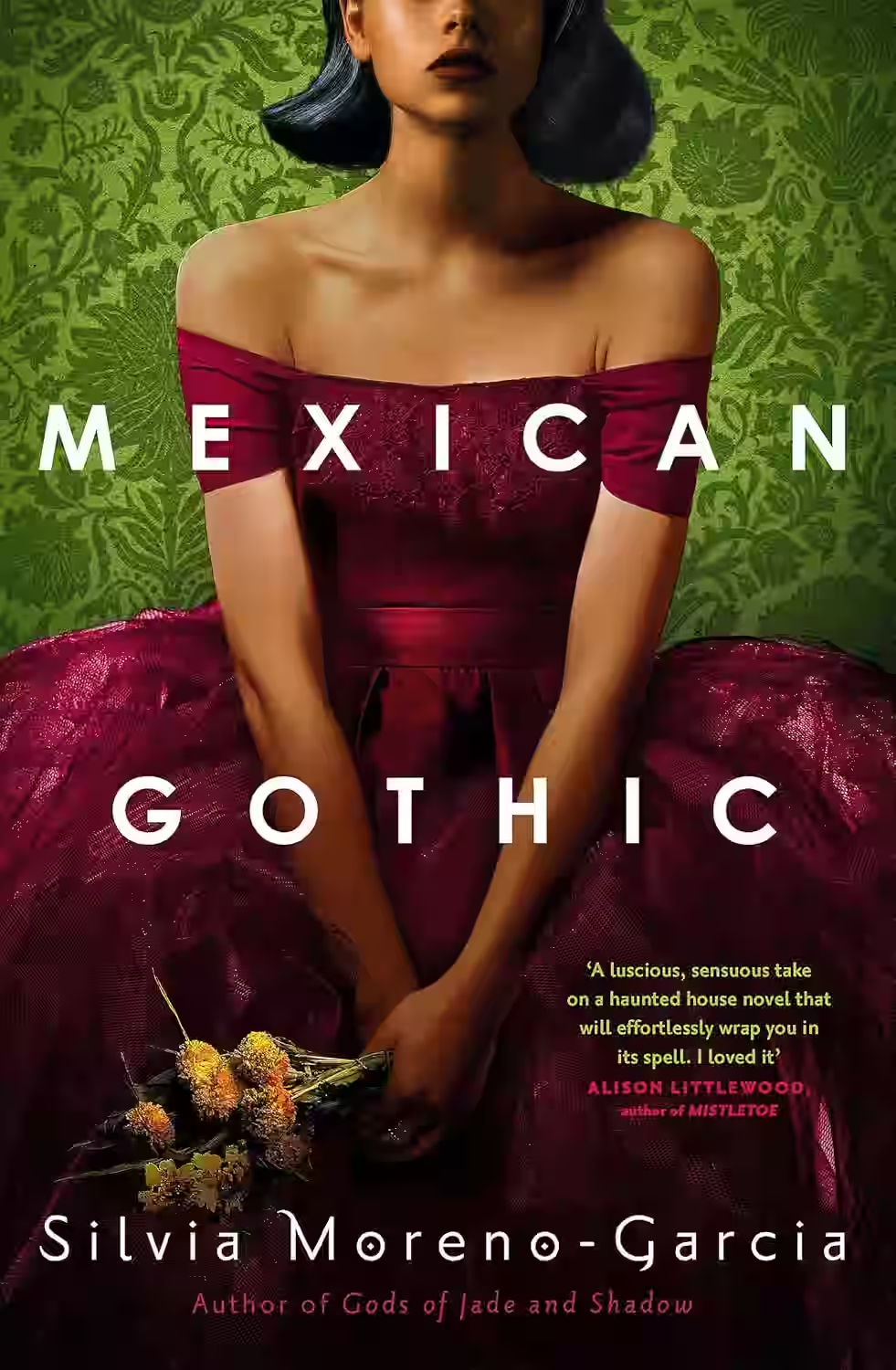
Frankenstein by Mary Shelley is a gothic novel about Victor Frankenstein, a young scientist who creates a sentient creature through an unorthodox scientific experiment. Horrified by what he has made, Victor abandons the creature, who is left to face a hostile world alone. Rejected and misunderstood, the creature becomes increasingly bitter and vengeful, leading to a tragic cycle of destruction. The novel explores themes of ambition, responsibility, isolation, and the dangers of playing God. First published in 1818, Frankenstein is considered one of the earliest works of science fiction and remains a powerful meditation on humanity and creation.
About Mary Shelley
An English novelist, short story writer, dramatist, essayist, and biographer, best known for her Gothic novel Frankenstein; or, The Modern Prometheus. Published when she was just 20, Frankenstein is a seminal work of science fiction, exploring profound themes of creation, responsibility, scientific ambition, and the nature of humanity. Shelley's imaginative power and her exploration of social and philosophical questions cemented her legacy as a pioneering figure in literature and a foundational voice in the development of speculative fiction.
Similar Books

Dracula
by Bram Stoker
Dracula by Bram Stoker is a classic gothic horror novel that introduced Count Dracula, the iconic vampire. Told through letters, diaries, and newspaper clippings, the story follows Jonathan Harker, a young solicitor who travels to Transylvania and encounters the mysterious Count. As Dracula travels to England, he begins to prey on innocent victims, including Lucy Westenra and Mina Harker. A group of friends, led by Professor Van Helsing, bands together to stop the vampire’s reign of terror. Blending suspense, horror, and Victorian anxieties about science and sexuality, Dracula remains one of the most influential and enduring works in horror literature.

Authority
Series: Southern Reach (#2)
Authority, the second installment in Jeff VanderMeer's Southern Reach Trilogy, delves into the murky bureaucracies of the Southern Reach agency following the enigmatic events of Area X. Unlike the preceding novel, Annihilation, Authority shifts from the eerie, nature-laden wasteland to the confines of a government office, exploring themes of control, psychology, and the unknown. We follow John Rodriguez, alias 'Control,' as he battles personal demons and institutional secrecy while trying to uncover the mysteries of Area X. VanderMeer expertly creates a claustrophobic atmosphere through his rich prose, which seamlessly blends elements of psychological horror with a critique of institutional power, leaving readers both unsettled and intrigued.

Annihilation
Series: Southern Reach (#1)
Annihilation, the first book in Jeff VanderMeer's Southern Reach Trilogy, plunges readers into the mysterious and unsettling world of Area X, a quarantined zone teeming with uncanny phenomena. The novel follows a biologist, part of an all-women exploratory team, on an expedition into this enigmatic landscape to uncover its secrets. As the group navigates the shifting borders and eerie silences of Area X, themes of identity, transformation, and the limits of human understanding loom large. VanderMeer's lyrical prose and disquieting atmosphere create a haunting narrative that blurs the line between science fiction and psychological thriller, leaving a lasting impression on readers intrigued by environmental and existential mysteries.

Mexican Gothic
Silvia Moreno-Garcia’s Mexican Gothic is a chilling gothic horror novel set in 1950s Mexico. Socialite Noemí Taboada is sent to a crumbling countryside estate to check on her cousin, who has sent a disturbing letter. There, Noemí discovers a decaying mansion, a mysterious family, and dark secrets tied to the land itself. As the house begins to haunt her dreams, she uncovers horrifying truths. Combining Lovecraftian horror with feminist themes and colonial critique, Mexican Gothic delivers an atmospheric and unsettling tale of resistance, rot, and reclaiming power.